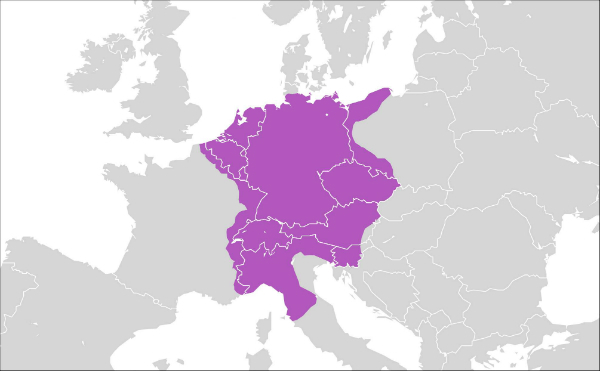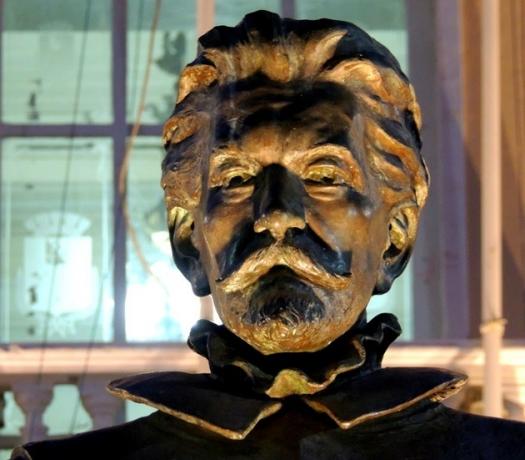Dictatorship is a government regime in which all state powers are concentrated in an individual, a group or a party. The dictator does not admit opposition to his actions and ideas, and has a large part of the decision-making power. It is an undemocratic regime in which the population does not participate.
In democratic regimes, power is divided between Legislative, Executive and Judiciary. In the dictatorship there is no such division, all the powers are in just one instance. The dictatorship also has several aspects of totalitarian government regimes, that is, when the state is in the hands of only one person. Generally, the dictatorship is implemented through a coup d'état.
How did the dictatorship come about?
The first signs of dictatorship appeared in Antiquity, when Rome was in crisis, a dictator was called in to assume power and make the government return to normality. The period in power could not exceed six months. During the time of the Roman Empire, tyrannies also happened, when the king oppressed his subjects and used violence to get what he wanted.
The military dictatorship is a form of government in which power is controlled by the military. This type of regime was very common in America, especially in Brazil, where it lasted more than 20 years (from 1964 to 1985).
In a figurative sense, the word dictatorship is used to describe a situation in which someone exercises absolute authority. Ex: I grew up under a dictatorship, my father wouldn't let me do anything.
See also what was the Military dictatorship and know what a Military Intervention.
dictatorship of the proletariat
According to philosophers Karl Marx and Friederich Engels, creators of Marxism, the dictatorship of proletariat is a transitory stage of a government in a country where a revolution has taken place. socialist.
The dictatorship of the proletariat aimed to suppress the state and end the difference between social classes, with the oppression of the bourgeois class over the working class and with the domination of the bourgeoisie over the means of production.
This phase would anticipate the creation of a communist society, serving to destroy the system of power created by the bourgeois who only sought profit. This type of dictatorship should be exercised by the proletariat, which would take steps to exclude social classes that exploit others.
Differences between democracies and dictatorships
The main differences between democracy and dictatorship are:
election model: in a democracy, elections are direct, that is, the people themselves vote. In a dictatorship, elections are usually indirect, in which the governors are chosen through an electoral college.
Type of State: in a democracy, of course, the type of state is democratic, while in a dictatorship the state is authoritarian and totalitarian.
Division of powers: in a democracy there is a division of powers. The legislature, executive and judiciary function independently of each other. In the dictatorship, powers are concentrated in the hands of a single person or group.
rights protection: a democratic state protects and ensures rights, in addition to constantly legislating new ones. In a dictatorship, rights are often not respected.
popular demonstrations: Popular demonstrations are common in a democracy, with a view to freedom of expression. A dictatorial government often uses censorship to prevent popular demonstrations, news or any type of broadcast contrary to its ideals.
Learn more about totalitarianism, Marxism and meet the types of dictatorships.



